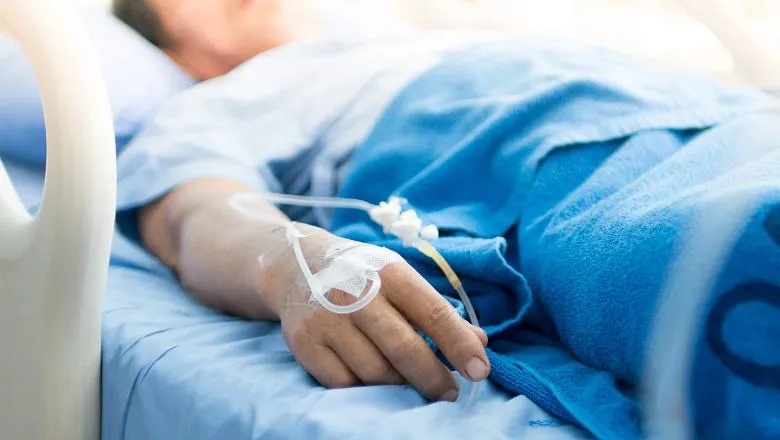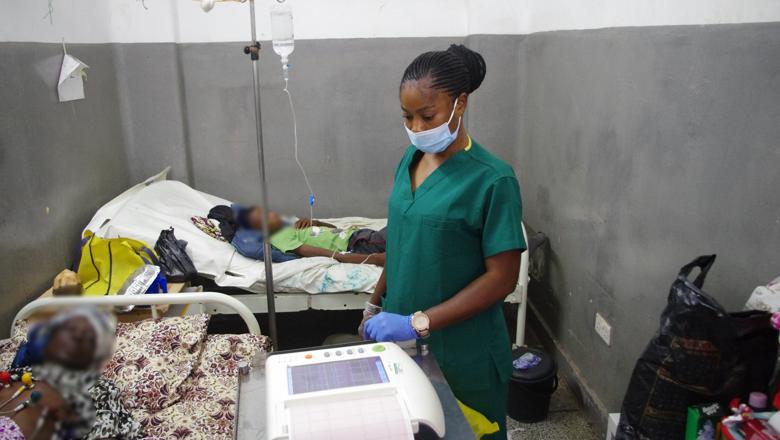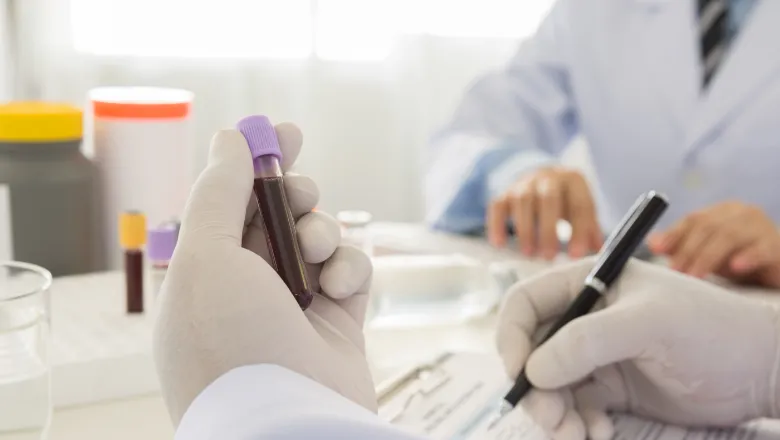
Professor Julia Fox-Rushby
Professor of Health Economics
Research interests
- Economics
Biography
Leads Health Economics for:
Department of Population Health Sciences
Biomedical Research Centre
Papworth Trials Unit Collaboration
Prior to joining Kings College London in 2017, Julia was Professor and Director of the Health Economics Research Group at Brunel University London, and Senior Lecturer at the London School of Hygiene and Tropical Medicine.
Over the past 30 years, her policy-driven research in economic evaluation has sought to provide high quality evidence on the efficiency of investing in improvements to health and wellbeing. It includes:
Applied research, alongside clinical trials, quasi-experimental and observational studies, including:
A wide range of public health interventions (e.g. physical activity, breastfeeding, childhood vaccines, malaria control)
Cardio-thoracic surgery (e.g. MESOVATS, Ministern, AMAZE & TOMADO Trials)
Methodological research:
Development of quality of life measures and translation methodology (EuroQol, KenQol)
Development, testing and use of willingness to pay measures
Optimising screening/treatment decisions e.g. in a geographical space using cost-effectiveness modelling, introducing genomic-guided therapies
She has served on the NHIR Trainees Career Fellowship Panel, the HTA Clinical Trials Board, NICE advisory committees, INCLEN Programme Committee and currently sits on the NIHR Public Health Research funding panel.
Her teaching includes supervision of doctoral students, short-course introductions to economic evaluation and more in-depth introductions to health economics and economic evaluation within MSc courses. Her reprinted textbook with Professor Cairns, “Economic Evaluation (Understanding Public Health)”, supports teaching in several countries.
Research

OveRcoming Adverse ChiLdhood Experiences (ORACLE)
ORACLE aims to improve outcomes for children & young people experiencing Adverse Childhood Experiences by informing policy in health, social care and education.
Project status: Ongoing

Health Economics for Life Sciences and Medicine (HELM)
Health Economics for Life Sciences and Medicine aims to improve population health and well-being through rigorous, applied, policy-relevant research in health economics, continuous reflection on, and advancement of, methodology, and inspiring, teaching and enabling others to include economics early and often in decisions concerning population health

Stroke Research Group
We are a multidisciplinary group (epidemiologists, stroke physicians, GPs, social scientists, statisticians, health informaticians and health economists) focused on stroke and with a wider interest in vascular long-term conditions and analytics.

Improving the lives of stroke survivors with data
We aim to improve the lives of stroke survivors through a programme of stakeholder engagement, data collection, analysis and modelling, and use in practice.
Project status: Ongoing
News
Study shows advanced staged cancer patients value quality of life up to three times more than survival
Researchers found patients assigned significantly higher value to palliative care services supporting physical functioning and pain management

Study reveals urgent need for stroke prevention and care strategies in Sierra Leone
The research into common risk factors for stroke, type of stroke and outcomes of stroke in Sierra Leone uncovers a need for improved stroke care in the region

Paper by King's researchers makes Readers' Choice List 2021
The article was selected as one of The Pharmacogenomics Journal’s 15 most cited or shared articles in 2021.

Features
Health and self for 2020
Kick start your New Year’s resolutions with these top tips based on research from King's

Research

OveRcoming Adverse ChiLdhood Experiences (ORACLE)
ORACLE aims to improve outcomes for children & young people experiencing Adverse Childhood Experiences by informing policy in health, social care and education.
Project status: Ongoing

Health Economics for Life Sciences and Medicine (HELM)
Health Economics for Life Sciences and Medicine aims to improve population health and well-being through rigorous, applied, policy-relevant research in health economics, continuous reflection on, and advancement of, methodology, and inspiring, teaching and enabling others to include economics early and often in decisions concerning population health

Stroke Research Group
We are a multidisciplinary group (epidemiologists, stroke physicians, GPs, social scientists, statisticians, health informaticians and health economists) focused on stroke and with a wider interest in vascular long-term conditions and analytics.

Improving the lives of stroke survivors with data
We aim to improve the lives of stroke survivors through a programme of stakeholder engagement, data collection, analysis and modelling, and use in practice.
Project status: Ongoing
News
Study shows advanced staged cancer patients value quality of life up to three times more than survival
Researchers found patients assigned significantly higher value to palliative care services supporting physical functioning and pain management

Study reveals urgent need for stroke prevention and care strategies in Sierra Leone
The research into common risk factors for stroke, type of stroke and outcomes of stroke in Sierra Leone uncovers a need for improved stroke care in the region

Paper by King's researchers makes Readers' Choice List 2021
The article was selected as one of The Pharmacogenomics Journal’s 15 most cited or shared articles in 2021.

Features
Health and self for 2020
Kick start your New Year’s resolutions with these top tips based on research from King's

